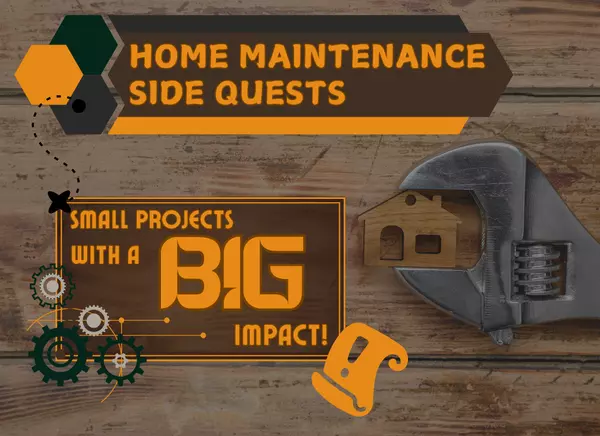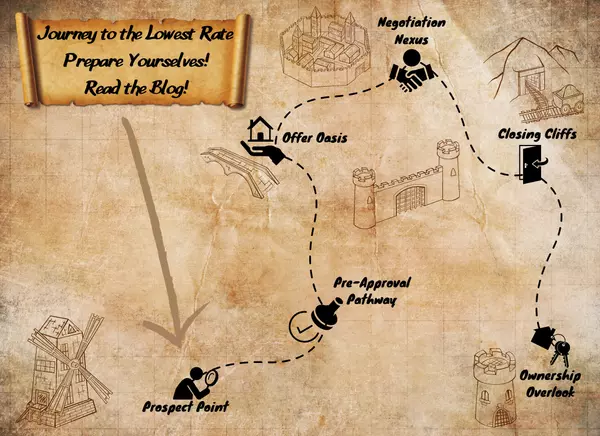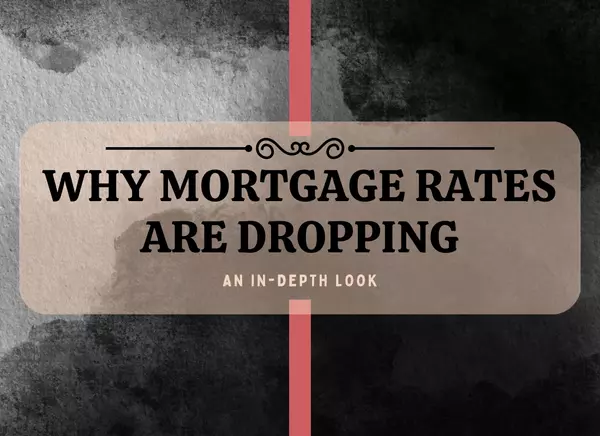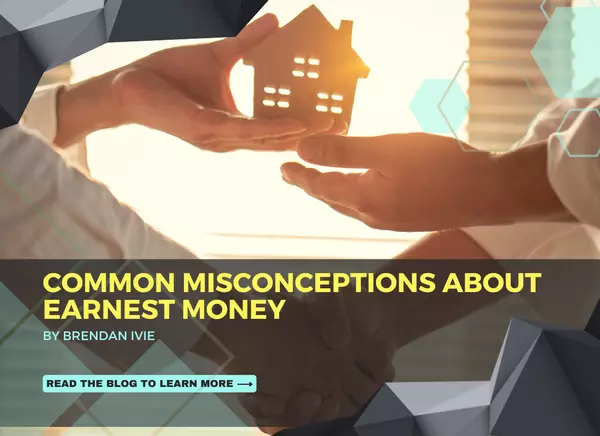Common Misconceptions About Earnest Money: Clearing Up the Confusion
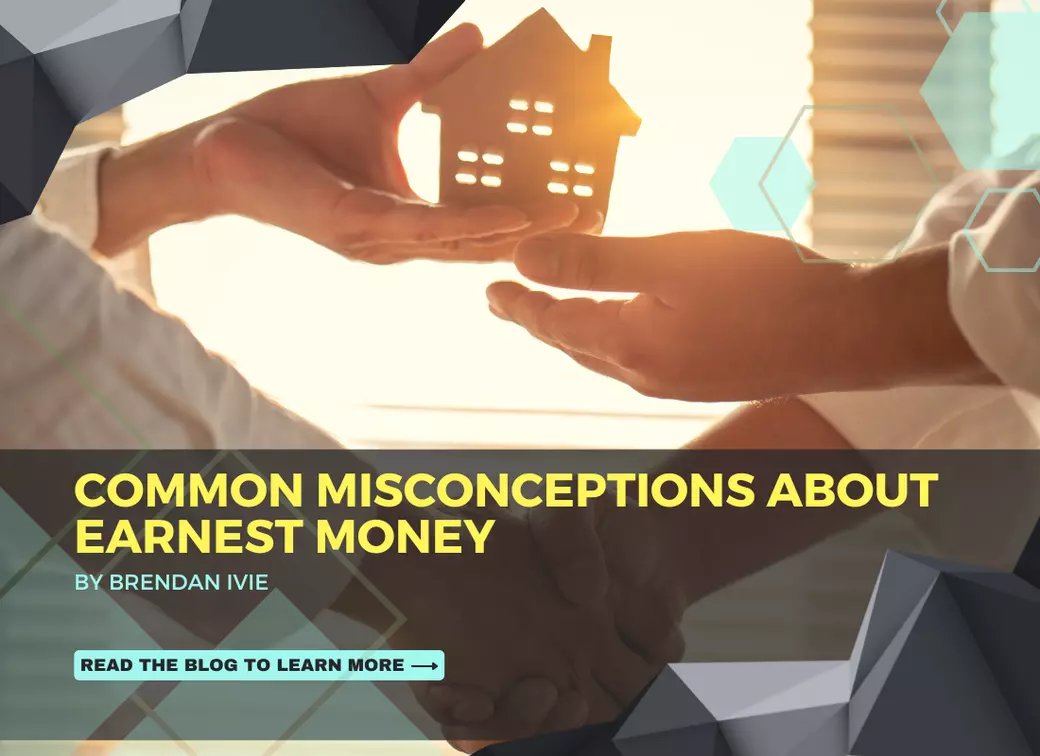
Common Misconceptions About Earnest Money
Navigating the world of real estate can be a complex endeavor. One term that often surfaces is "earnest money deposit". Despite its frequent use, many misconceptions surround this term. Misunderstandings can lead to costly mistakes, especially for first-time homebuyers.
In this article, I aim to dispel these misconceptions. We will delve into the intricacies of earnest money deposits, their role in real estate transactions, and their differences from down payments. We will also explore the conditions under which earnest money is refundable and what happens to it at closing.
By the end of this article, you will have a comprehensive understanding of earnest money deposits, empowering you to make informed decisions in your real estate ventures.
What is Earnest Money in Real Estate?
An Earnest money deposit, also known as a good faith deposit, in the context of real estate, is a financial commitment made by the buyer. It is a certain amount of money given upfront to demonstrate the buyer's serious intent to purchase a property. Typically, this deposit ranges from 1% to 3% of the purchase price, although the exact amount can vary based on market conditions and local customs.
It is then held in an escrow account until closing, serving as a form of protection for the seller against frivolous offers and non-committal buyers.
Understanding this concept is crucial for anyone involved in a real estate transaction. It not only signifies the buyer's commitment, but also influences the dynamics of the negotiation process.
Earnest Money Deposit vs Down Payment: Understanding the Difference
A common misconception is that earnest money deposit and down payment are the same. However, they serve different purposes in a real estate transaction.
An earnest money deposit is made when the buyer and seller enter into a contract. It shows the buyer's good faith and secures the property during the transaction process. On the other hand, a down payment is a portion of the purchase price that the buyer pays at closing. It directly contributes to the equity the buyer has in the property.
While each of these tools demonstrate the buyer's commitment, they are applied differently. The earnest money deposit is typically credited towards the purchase at closing, which can include the down payment or closing costs.
Is Earnest Money Refundable? Conditions and Scenarios
The refundability of earnest money is a common concern among buyers. It's important to note that this refund is not guaranteed. It depends on the terms of the contract and the circumstances surrounding the transaction.
In some cases, it is fully refundable. This typically occurs when the buyer backs out of the deal due to a contingency outlined in the contract. For instance, if the home inspection reveals major issues, the buyer may choose to walk away and get their earnest money back.
However, if the buyer simply changes their mind or fails to secure financing, they may forfeit the whole deposit. This is why it's crucial to understand the terms of the contract, and to work with a knowledgeable real estate agent or attorney.
In conclusion, while it has the potential to be refundable, it's not always the case. Buyers should always proceed with caution and fully understand the terms of their contract.
What Happens to Earnest Money at Closing?
At closing, the earnest money deposit doesn't just disappear. Instead, it's typically applied towards the buyer's closing costs or down payment, reducing the overall amount you need to bring to closing.
However, if the earnest money exceeds the amount of closing costs and the down payment, the buyer may receive a refund. This depends on the terms of the contract and local laws. In essence, this deposit is not an extra cost for the buyer, and should the deal go through, this deposit can often be associated with the overall cost of purchasing the home.
Legal Implications and Contractual Conditions of Earnest Money
The legal implications of earnest money are tied to the purchase agreement. This contract outlines the terms and conditions of the deposit, including refund scenarios and potential forfeiture.
If a buyer breaches the contract, they may lose their deposit. However, most contracts include contingencies that protect the buyer's deposit. These can include financing and inspection contingencies, among others.
Understanding the legal aspects surrounding earnest money is crucial. It's advisable to seek professional guidance to ensure you're fully aware of the potential implications and risks prior to proceeding forward with the purchase.
How Market Conditions Influence Earnest Money Expectations
Market conditions significantly impact the expectations surrounding earnest money. In a competitive market, a larger deposit can enhance the appeal of an offer to sellers. While offering a higher amount of earnest money can make a buyer's offer more attractive, it isn't always necessary or better.
Conversely, in a buyer's market, the deposit may be smaller due to the surplus of available homes. It's important to note that regardless of market conditions, buyers should aim to offer an amount that shows they are serious, but not more than they are comfortable risking.
Protecting Your Earnest Money Deposit: Tips and Strategies
Protecting your deposit is crucial when entering into a real estate transaction. Your deposit is a significant amount of money that you put down as a show of good faith and commitment to the deal. It is important to make sure that your deposit is protected in case the deal falls through for any reason.
One way to protect your deposit is to ensure that your contract includes contingencies for financing and inspection. A financing contingency allows you to back out of the deal if you are unable to secure a mortgage loan for the property. An inspection contingency allows you to have the property inspected by a professional to uncover any potential issues or defects. If the inspection reveals major problems, you can either negotiate with the seller to have them fixed or walk away from the deal without losing your deposit.
By including these contingencies in your contract, you can protect your deposit and give yourself an out if the deal doesn't go as planned. It is always a good idea to work with a real estate agent or attorney who can help you navigate the contract and ensure that your deposit is properly protected.
These clauses can safeguard your deposit if the deal falls through due to unforeseen circumstances. Additionally, always keep a record of the transaction. This documentation can be vital in case of disputes or misunderstandings about the earnest money deposit.
Q&A
Q: What is earnest money?
A: Earnest money is a deposit made by the buyer to show their serious intent to purchase a property. It is typically held in an escrow account until the sale is finalized.
Q: Is earnest money always non-refundable?
A: No, earnest money is not always non-refundable. Whether it is refundable depends on the terms set forth in the purchase agreement and the specific contingencies involved.
Q: Can earnest money be applied to the down payment?
A: Yes, earnest money can be applied towards the down payment or closing costs once the sale is finalized.
Q: How much earnest money should I offer?
A: The amount of earnest money to offer depends on the local real estate market and the specific circumstances of the sale. It's important to offer an amount that shows commitment but also aligns with what you are comfortable risking.
Q: Can the seller keep my earnest money?
A: Sellers can only keep the earnest money under specific conditions outlined in the purchase agreement, typically if the buyer breaches the contract or fails to meet the agreed-upon conditions.
Conclusion: The Importance of Understanding Earnest Money
Understanding earnest money is essential for anyone involved in real estate transactions. It plays a pivotal role in real estate transactions by protecting the interests of both parties and signifying the buyer's commitment to the purchase.
By comprehending its importance, both buyers and sellers can approach real estate transactions with a clearer understanding and better preparation. For further details and professional advice, it’s always recommended to consult with a real estate agent or attorney to ensure all aspects of earnest money and other transaction elements are clearly understood and properly handled.
Like What You See?
If you found this guide helpful, consider following me on all my social media pages for more real estate insights and updates. Sign up right here on my website to view listings across the Greater San Antonio Area.
Hopefully with the information provided in this blog, you will also feel more confident in navigating the home-buying process for yourself. Should you be in need of an agent, feel free to reach out to me, and we can get started on making your real estate goals a reality! I’m here to help you every step of the way.
Sources
Categories
Recent Posts



